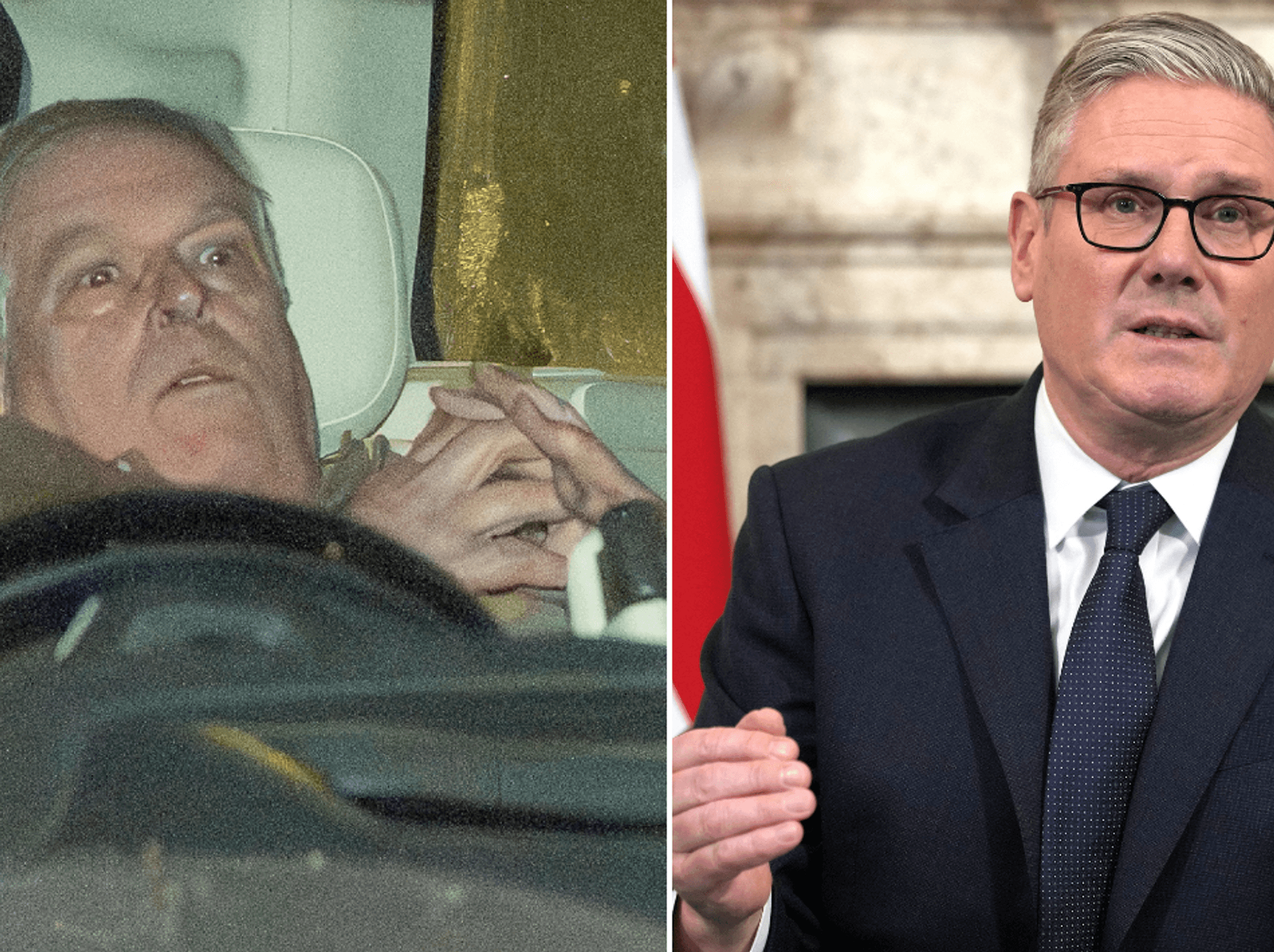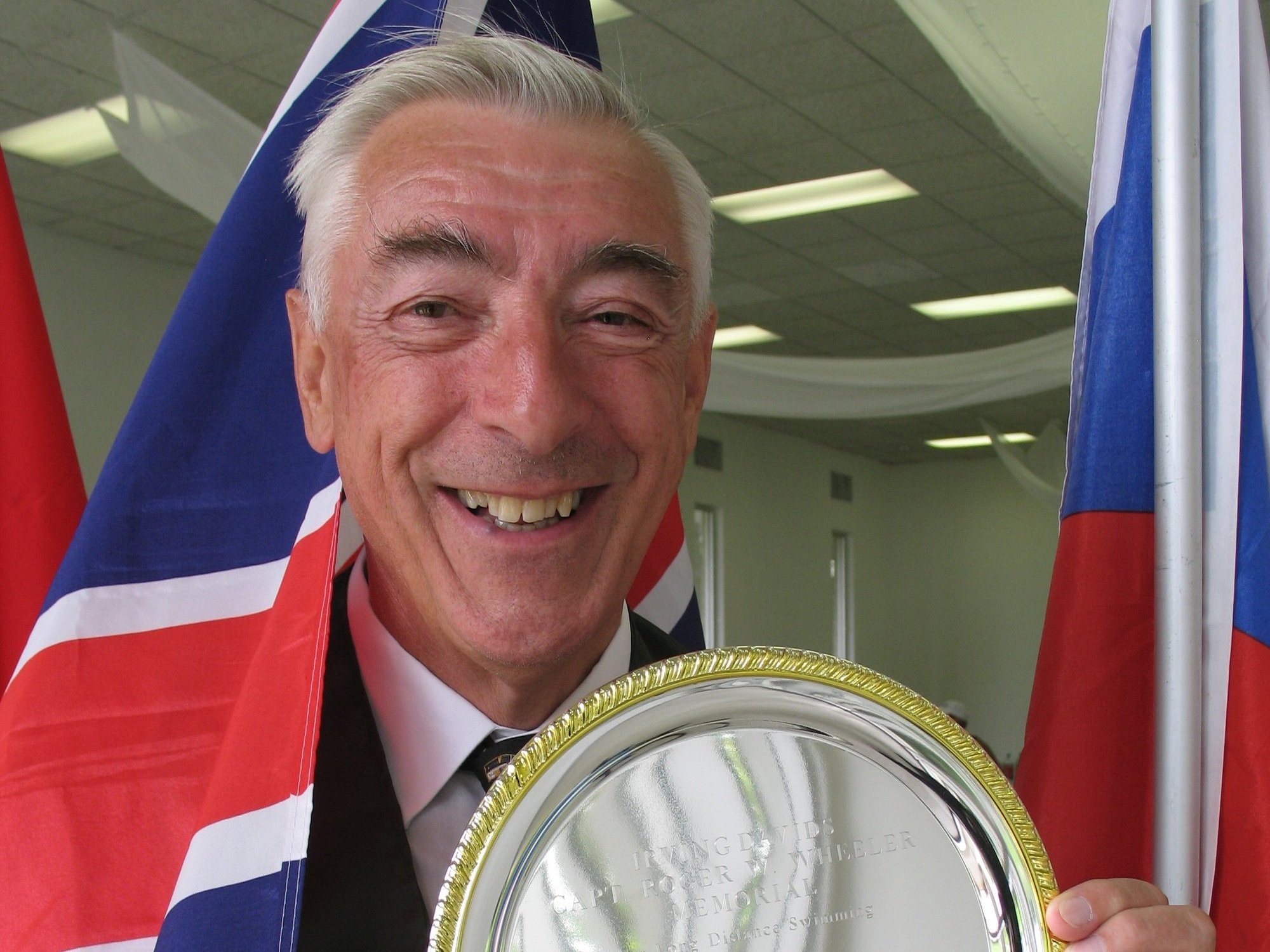NHS drug prices set to rise as Keir Starmer faces Trump tariff threat

Wes Streeting explains the official NHS league table which reveals Britain's worst hospitals |
GBNEWS

The threshold for approving new medicines is set to rise
Don't Miss
Most Read
Sir Keir Starmer is drawing up plans to let the NHS pay more for medicines, in a move aimed at heading off Donald Trump’s threatened tariffs
According to industry sources, officials have already outlined the proposals to the Trump administration.
At the heart of the plan is a 25 per cent increase in the pricing threshold used by the National Institute for Health and Care Excellence (NICE) to decide whether medicines are good value for money.
The Government is preparing to update the decades-old system used to decide whether new treatments offer value.
NICE currently approves medicines costing between £20,000 and £30,000 for each additional quality-adjusted life year gained. This benchmark combines both length of life and quality of life improvements into a single measure.
The new framework would raise this range to between £25,000 and £35,000 per QALY, making it easier for patients to access costlier treatments. However, this would substantially increase the overall medicines bill for the health service, adding billions to NHS expenditure.
One of the figures said the government had long been resistant to changing the NICE threshold due to the cost to the Treasury for no direct extra benefit, but "we have kicked up enough of a stink and they have given in. This is the price you have to pay post-Trump for global pharma to continue to play in the U.K."
Ministers are responding to mounting pressure from pharmaceutical companies that have halted UK investments and warnings from US President Donald Trump about potential 100 per cent tariffs on pharmaceutical imports.
Several major firms have cancelled or suspended planned investments in Britain this year, citing an unfavourable pricing environment.
Lord Vallance, the science minister, acknowledged last month that higher prices were "necessary" to prevent pharmaceutical investments from continuing to leave the UK. Industry leaders have told MPs that pricing pressures have made Britain less attractive than countries like the United States.
AstraZeneca's UK chairman, Shaun Grady, cautioned this week that the company might abandon British investments unless the government reformed what he called an "appalling" drugs regime that needed bringing into the 21st century.
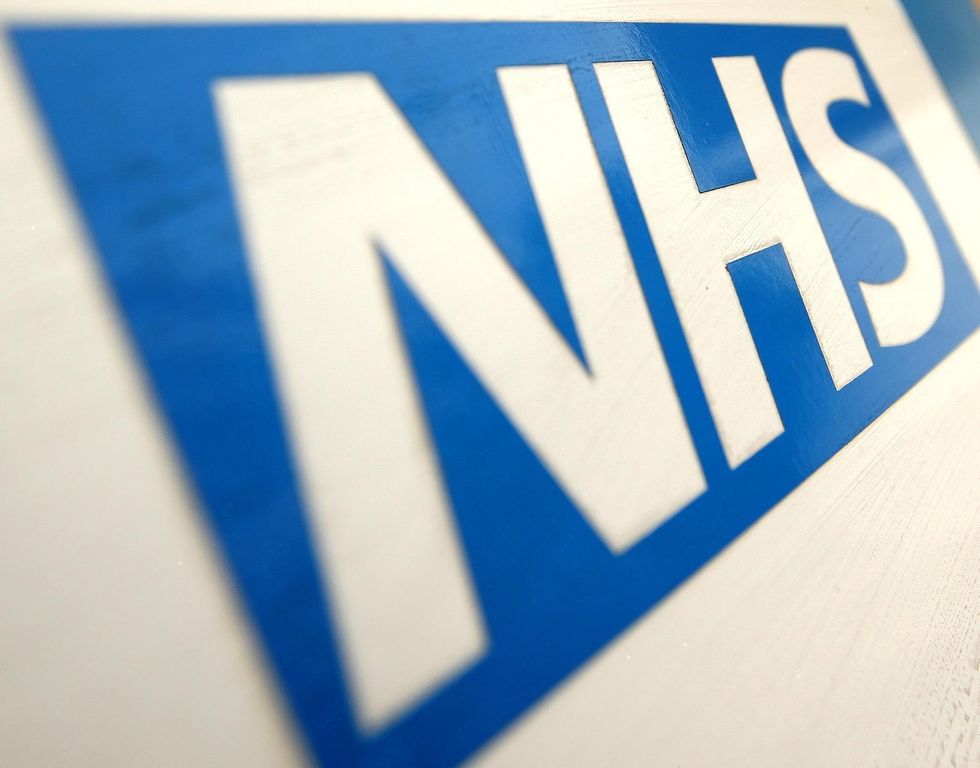
Lord Vallance, the science minister, acknowledged higher prices were "necessary" to prevent pharmaceutical investments from continuing to leave the UK
| PAThe proposed spending increase has sparked internal government tensions, with the Treasury and Health Secretary at odds over funding arrangements.
Rachel Reeves is demanding that any additional pharmaceutical spending must come from existing departmental allocations, whilst NHS leaders are pressing for supplementary financial support to cover the multibillion-pound costs.
This dispute emerges as the Chancellor prepares another revenue-raising Budget, with economists anticipating approximately £30billion in new taxes to balance public finances.
Health spending already dominated the June spending review, securing 90 per cent of additional public service funding over the next three years.
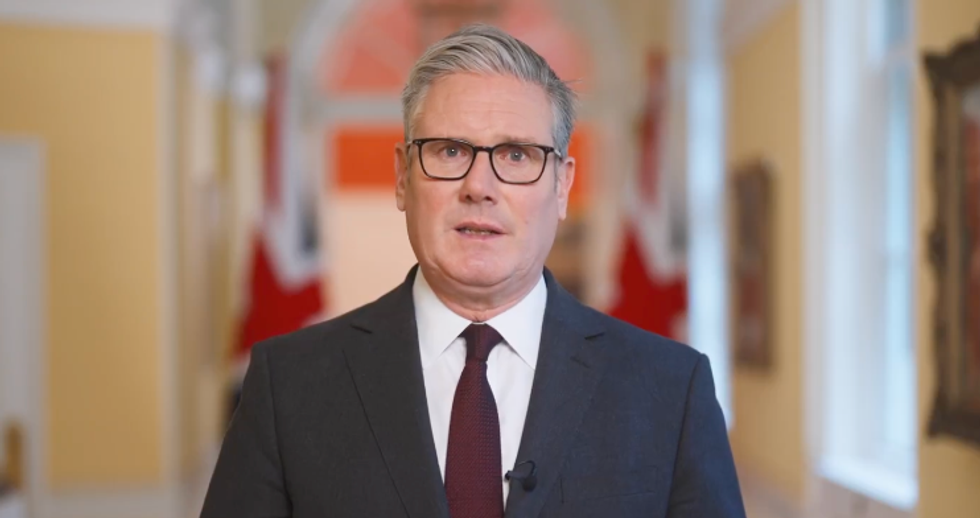
Starmer has confirmed the UK is in “advanced discussions” with the US to “secure the best outcome for the UK"
| X / KEIR STARMERNHS and related health expenditure is projected to constitute half of all public service spending by the decade's end, intensifying pressure on other departments facing constrained budgets.
The pricing mechanism that NICE employs has remained unchanged since 1999, drawing sharp criticism from the pharmaceutical sector. The Association of the British Pharmaceutical Industry argues that adjusting for inflation would place the appropriate threshold at approximately £56,000, rather than the current ceiling of £30,000.
The industry body is advocating for a range approaching £50,000 per quality-adjusted life year, substantially higher than the government's reported considerations.
This disparity highlights the gulf between what pharmaceutical companies believe reflects fair market value and what ministers are prepared to sanction.
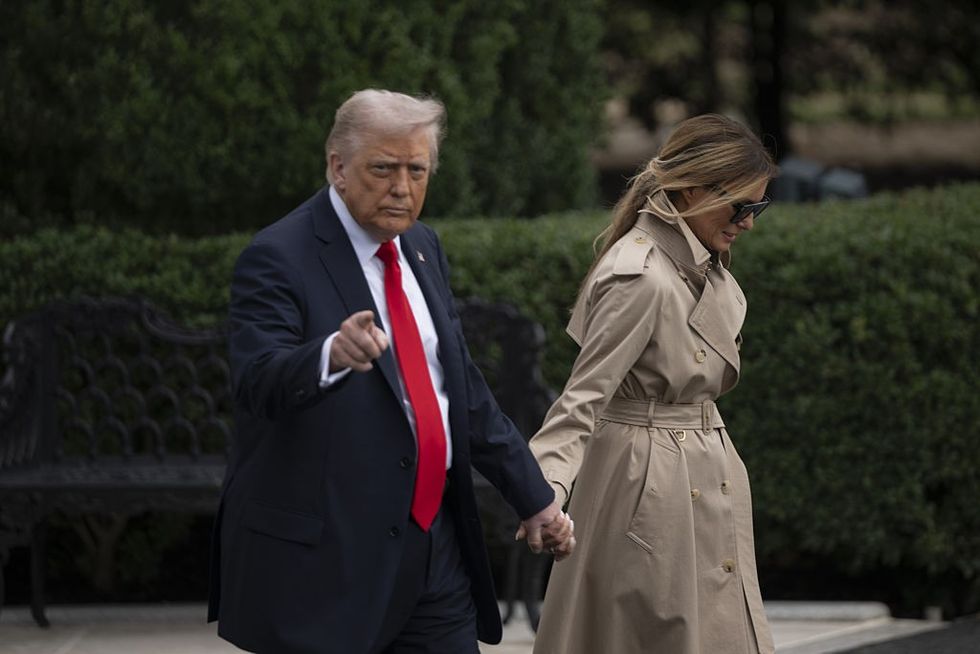
Sir Keir Starmer is drawing up plans to let the NHS pay more for medicines, in a move aimed at heading off Donald Trump’s threatened tariffs
| GETTYThe decades-old formula has become increasingly contentious as drug development costs have soared whilst the assessment criteria have remained static, creating what industry representatives describe as an outdated framework incompatible with modern pharmaceutical economics.
Ministers have confirmed they are engaged in "advanced discussions" with the US administration to "secure the best outcome for the UK", according to a government spokesperson. The negotiations form part of a broader economic partnership addressing pharmaceutical exports whilst improving conditions for drug companies operating in Britain.
Through the Life Sciences Sector Plan, the government has pledged to collaborate with industry to accelerate growth in innovative medicine spending compared to the previous decade. A government spokesperson said: "The pharmaceutical sector and the innovative medicines it produces are critical to our NHS, our economy and the Plan for Change."
NICE acknowledged awareness of "on-going discussions in Government over the level of medicine spend", noting that funding decisions ultimately rest with ministers balancing health system priorities.
More From GB News





